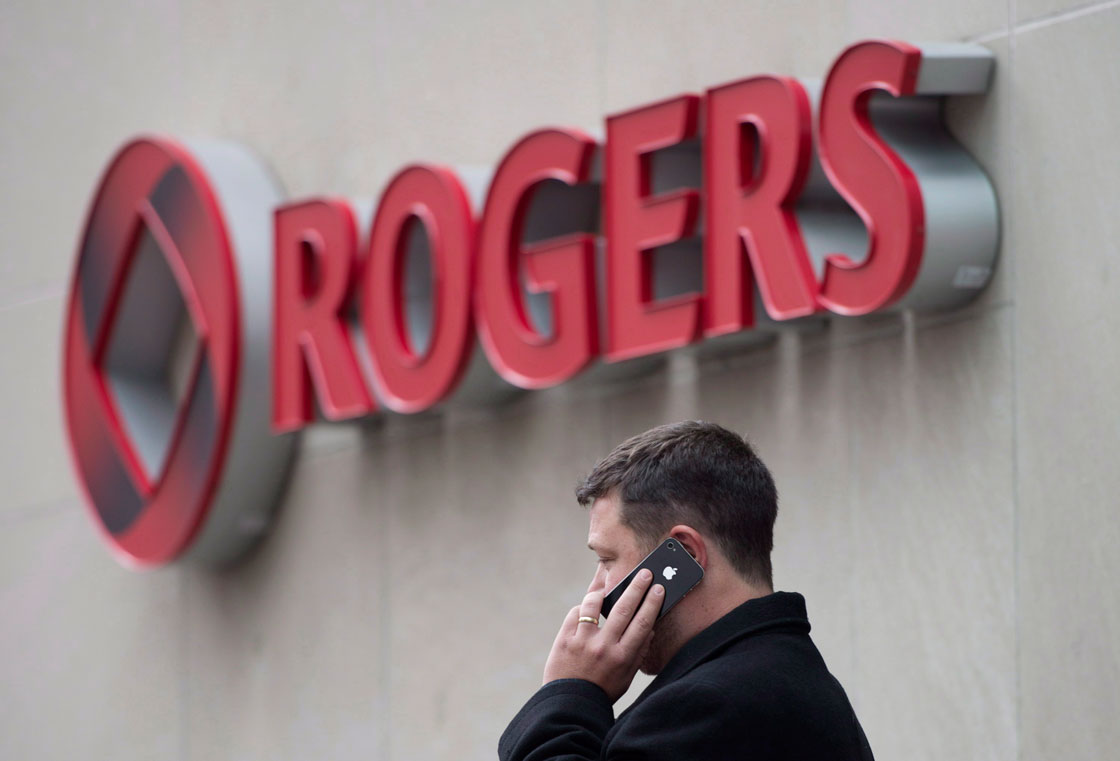More than three quarters of consumers who have a wireless contract with one of Canada’s big carriers now hold a smartphone in their hands, a high penetration rate by domestic mobile standards.

The big carriers have made a killing in recent years by tying the majority of their customers into multi-year contracts for web-connected phones that generate higher revenue than traditional cellphones.
But it now appears adoption is hitting a wall.
Rogers, the country’s biggest carrier, added just 2,000 contract subscribers between January and the end of March—down a staggering 94 per cent from the same three-month stretch a year earlier.
This week, Bell and Telus reported declines of their own; Bell added 43 per cent fewer contract customers while Telus said its contract additions were down more than 18 per cent.
While regulatory changes are playing a role–regulators banned three-year contracts last year among other measures critics say have stifled growth — experts say this is a maturation point for the industry.
“We believe the wireless market is slowing,” stock analysts at Scotia Capital said following Bell and Telus’ earnings.
“A reflection of a saturated market.”
When ‘rational’ prices go irrational
Here’s how the seeming end of the smartphone revolution could benefit Canadian wireless subscribers.
The annual re-launch of the Apple device every fall has come to be relied on to juice subscriber gains (if Apple fan boys upgrade, their moms — or kids — end up with last year’s model).
Returns however have been diminishing, and analysts say if the next iPhone release in August or September fails to generate sufficient buzz, carriers could start looking for fresh ways to win over new users and maintain growth. One outcome for consumers could be lower prices.
Rogers, Bell and Telus have kept prices between them “rational,” or generally in line with one another as smartphone growth has soared.
But that dynamic could now be changing, Scotia’s Jeff Fan said.
“If a new ‘iconic’ handset does not drive faster smartphone penetration and push the market to absorb higher prices and reverse the market slowdown, we wonder how long the Big Three can remain rational in light of a saturated wireless market,” he said.
Facing pressure to keep its large subscriber base intact, some analysts suggested Rogers may already be offering better rates to customers who re-up with the carrier.
It’s average monthly revenue per smartphone subscriber fell 3.4 per cent to $65.20, a decline industry experts said was partly a result of promotions.


Comments